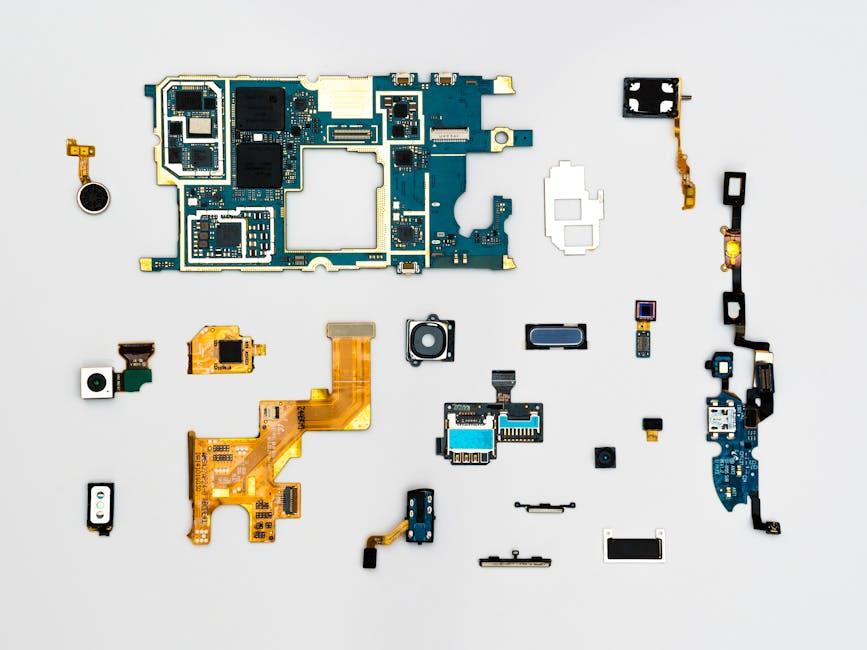How are robots being used in education and learning environments?
The Intersection of Robotics and Human Life
Welcome to a deep dive into the intersection of robotics and human life. As robots become increasingly integral to our daily activities, industries, healthcare, education, and beyond, understanding their impact is crucial. In this comprehensive article, we’ll explore how robotics are changing the way we live, work, and learn.
Introduction
In recent years, the field of robotics has made remarkable strides. From industrial automation to healthcare advancements, robots are enhancing our capabilities and reshaping our world. But what does this mean for our everyday lives? Let’s delve into the various ways robotics intersect with human life.
Robotics in Daily Life
Robots are no longer confined to science fiction; they are becoming a familiar presence in our daily routines. Here are some notable examples:
- Home Automation: Smart home devices such as robotic vacuum cleaners and lawn mowers are making household chores easier.
- Personal Assistants: AI-powered assistants like Alexa and Siri streamline daily activities and provide valuable information.
- Entertainment: Robots like Sony’s Aibo offer companionship and interactive play for families.
Robotics in Healthcare
The healthcare sector is experiencing a transformation thanks to robotics. Some significant applications include:
- Surgical Robots: Precision technologies like the da Vinci Surgical System enable less invasive procedures and faster recovery times.
- Rehabilitation Robots: Devices like exoskeletons assist patients in regaining mobility and strength.
- Telemedicine Robots: These robots facilitate remote consultations, bringing medical expertise to underserved areas.
Robotics in Industry
Industries are leveraging robotic technologies to enhance productivity and safety. Here’s how:
- Manufacturing: Industrial robots handle repetitive tasks with precision, reducing human error.
- Logistics: Autonomous robots optimize warehouse operations, from sorting to delivery.
- Construction: Robots contribute to building infrastructures, particularly in hazardous environments.
| Industry | Robot Application | Benefit |
|---|---|---|
| Manufacturing | Assembly Line Robots | Increased Precision |
| Healthcare | Surgical Robots | Minimally Invasive Procedures |
| Logistics | Autonomous Delivery Robots | Enhanced Efficiency |
Robotics in Education
Integrating robotics into education prepares students for future technological landscapes. Some educational applications include:
- STEM Learning: Robotics kits and courses nurture problem-solving and coding skills.
- Interactive Teaching Aids: Robots like NAO engage students through interactive lessons.
- Special Education: Robots assist in personalized learning for students with special needs.
Case Studies: Real-World Applications
Let’s look at some real-world examples to understand the practical impact:
Case Study 1: Robotic Surgery
A hospital in Boston implemented the da Vinci Surgical System, resulting in:
- Reduced patient recovery time by 40%
- Minimized surgical complications
- Enhanced precision during complex surgeries
Case Study 2: Robotic Logistics at Amazon
Amazon’s warehouses utilize Kiva robots to streamline operations. The benefits include:
- Faster order fulfillment
- Reduced labor costs
- Improved inventory management
Benefits and Practical Tips
The benefits of robotics are multifaceted. Here are some practical tips for integrating robotics into various sectors:
- Healthcare: Train medical professionals in robotic-assisted procedures to maximize benefits.
- Education: Encourage students to participate in robotics clubs and competitions to spark interest.
- Industry: Regularly maintain robotic systems to ensure optimal performance and durability.
Conclusion
The intersection of robotics and human life is a rapidly evolving landscape. As robots continue to integrate into various facets of our lives, they bring numerous benefits, from enhancing efficiency to improving quality of life. Embracing these technologies and understanding their impact will equip us to navigate the future successfully.
Stay tuned for more exciting developments as we continue to explore the synergy between robotics and humanity.
